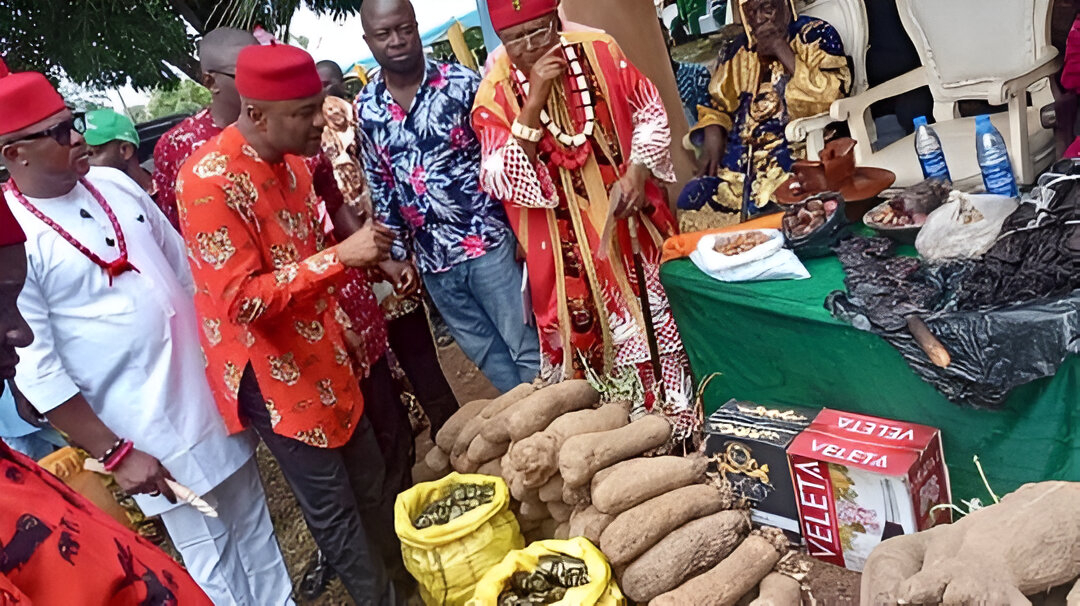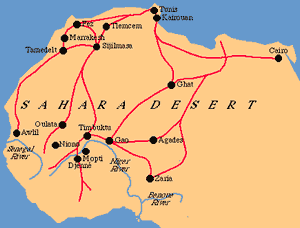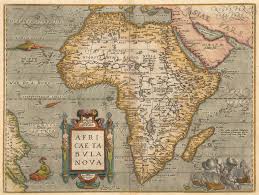The Origin of the New Yam Festival and Its Significance in Igbo Land

The Origin of the New Yam Festival and Its Significance in Igbo Land
Explore the origin of the New Yam Festival and its deep significance in Igbo land, celebrating harvest, gratitude, and the enduring cultural values of the people.
The New Yam Festival, known as Iri Ji Ohu or Iwa Ji, is a prominent cultural celebration in Igbo land, deeply rooted in tradition and agricultural heritage. This annual event marks the beginning of the harvest season and symbolizes gratitude, renewal, and community unity.
Igbo people celebrate the New Yam Festival.
Historical Origins of the New Yam Festival
The festival's origins can be traced to the agrarian lifestyle of the Igbo people. In ancient times, yam was regarded as the king of crops due to its nutritional and economic significance. The festival was established as a way to honor the gods and ancestors for a bountiful harvest while also signifying the start of a new planting cycle.
Many Igbo communities believe that the festival was initiated by their forefathers, who saw the need to express gratitude to Ala, the earth goddess, and Chi, the personal deity of an individual. The practice of offering the first yam to the gods and spirits before human consumption reinforces the belief in divine providence and respect for tradition.
Cultural and Spiritual Significance
Beyond being a mere agricultural celebration, the New Yam Festival holds deep cultural and spiritual meanings:
1. Thanksgiving and Gratitude
The festival is a way of expressing gratitude to the deities, ancestors, and nature for a fruitful farming season. It is believed that failing to acknowledge these spiritual forces could bring misfortune in subsequent harvests.
2. Purification and Renewal
In many Igbo communities, the festival serves as a period of spiritual cleansing and renewal. It marks the end of one agricultural year and the beginning of another, symbolizing a fresh start for both individuals and the community.
3. Community Bonding and Celebration
The festival is an occasion for unity among the people. Families, friends, and visitors gather to celebrate with feasting, traditional music, dances, and masquerade performances. It strengthens communal ties and reinforces a sense of belonging.
4. Social and Political Significance
In some Igbo societies, the festival is an opportunity for leaders to address the people, settle disputes, and reaffirm communal values. Traditional rulers and elders play a central role in overseeing the ceremonies and ensuring that customs are upheld.
The Rituals and Celebrations
The New Yam Festival follows a structured ritual process:
1. Ritual Sacrifices and Offerings
Before the commencement of the public celebration, traditional priests or elders perform rituals to honor the gods and ancestors. They offer yams, kola nuts, palm wine, and other symbolic items at shrines and ancestral altars.
2. The First Yam Tasting
A key highlight of the festival is when the eldest man or traditional ruler of the community breaks and eats the first yam. This act signifies the official commencement of yam consumption for the season. It is believed that eating the new yam without this ritual could attract spiritual consequences.
3. Feasting and Merriment
Once the first yam has been eaten, the community engages in feasting. Various yam dishes, such as pounded yam, yam porridge, and roasted yams, are prepared. Palm oil, pepper sauce, and other accompaniments add to the richness of the meals.
4. Traditional Music, Dance, and Masquerades
Igbo masquerades performing traditional dances during the New Yam Festival.
The festival is incomplete without vibrant cultural performances. Traditional dances, drumming, and masquerade displays enliven the occasion, showcasing the rich artistic heritage of the Igbo people.
5. Wrestling and Other Competitions
In some communities, wrestling contests and other physical activities are organized to entertain guests and promote youthful strength and agility.
Modern-Day Relevance
Although rooted in ancient traditions, the New Yam Festival remains relevant in contemporary times. Many Igbo communities, both in Nigeria and the diaspora, continue to celebrate the festival to preserve their cultural identity. Additionally, it has become a tourist attraction, drawing visitors interested in experiencing Igbo customs firsthand.
The festival also serves as a reminder of the importance of agriculture and food security. It encourages younger generations to appreciate farming as a vital aspect of economic and cultural survival.
Conclusion
The New Yam Festival is more than just a celebration of the harvest; it is a reflection of Igbo values, spirituality, and communal life. Through its rituals and festivities, it continues to unite the people, strengthen their connection to their ancestors, and preserve their rich cultural heritage for future generations.


